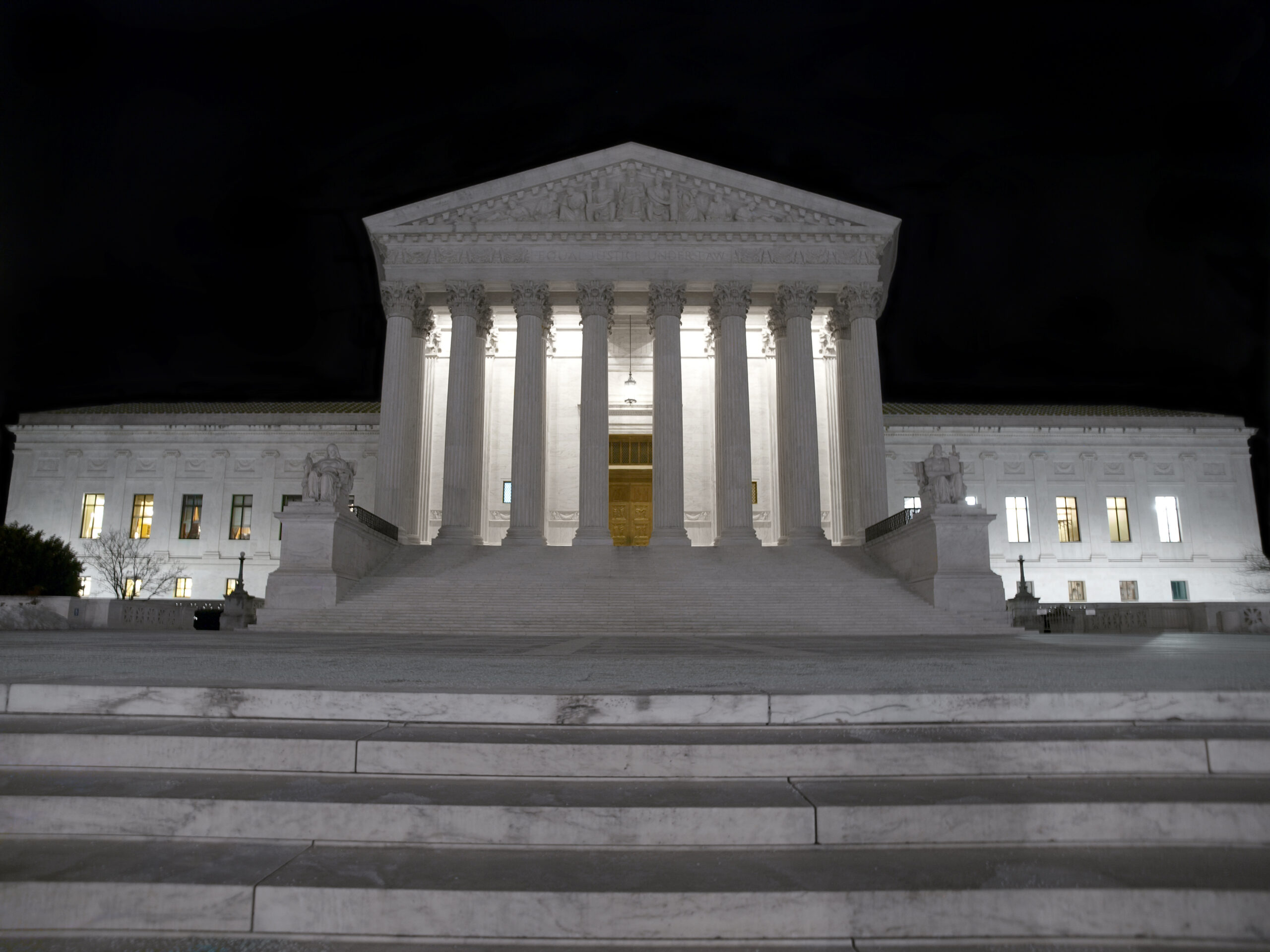As schoolchildren, we learn that the Constitution divides the federal government into three branches — Congress, which writes laws; the courts, which interpret laws; and the presidency, which executes laws. Each part of the government is supposed to stay in its own lane and avoid doing anything that is another branch’s job.
But look at Washington today. It’s covered by independent agencies separate from any of the three branches. From the Consumer Financial Protection Bureau to the Securities and Exchange Commission to the National Labor Relations Board, Washington is littered with independent agencies — and many of them have a long history of simultaneously exercising legislative, executive and judicial powers.
This is a serious problem for government accountability. If Congress passes a bad law or the executive branch is an incompetent enforcer, at least we know that the people can go to the ballot box and elect someone else. If you get called into court, at least we know those who must stand trial are guaranteed their constitutional rights.
Unfortunately, this accountability has withered away in the arena of independent agencies. These independent agencies have enforced the law, interpreted the law, and written their own rules that expand on the law. They have even run their own internal courts, in which the government almost always wins — partly because defendants are not always accorded the same rights they enjoy in federal court. These agencies are monitored by Congress only intermittently, and they are not accountable to voters.
This is a dangerous state of affairs, and every day it has continued, the balance of powers that the Constitution is supposed to guarantee has been undermined and unbalanced a little bit more.
That was true until recently. In a series of decisions, the Supreme Court rebalanced the Constitution.
The court examined the work of the Securities and Exchange Commission — particularly, the internal hearings that the commission runs. Nobody likes it when people call those hearings “trials,” but that is what they are because sometimes those internal hearings result in fines assessed on wrongdoers.
George Jarkesy had complained to the Supreme Court about his hearing, resulting in a $300,000 fine because he was never allowed a jury trial. The court examined Jarkesy’s hearing and it decided that Jarkesy is entitled to his rights under the Seventh Amendment if he’s on trial for criminal penalties, just like the rest of us. Neither the commission nor any other agency can deny people these constitutional rights from now on.
The Supreme Court also examined the work of the National Marine Fisheries Service, which had produced a rule that placed terrible burdens on commercial fishermen. The NMSF had written a rule that said not only are the fishermen going to be required to invite additional personnel onto their boats to observe their work but also that the fishermen are going to have to pay the observers’ salaries.
The fishermen complained to the Supreme Court, arguing that the NMFS had invented a new requirement that was not in the law. The court examined the rule the NMFS had produced and decided that Congress is supposed to write the law, and the courts are supposed to interpret it. The NMFS is only allowed to do what the law commands. Neither the NMFS nor any other agency is permitted to exercise legislative or judicial power from this point on.
In short, the Supreme Court rebalanced the Constitution and told agencies across the government to do their jobs and stay in their lanes. This is a breath of fresh air to those who worry that the Constitution has been moving away from the balance of powers that it requires.


